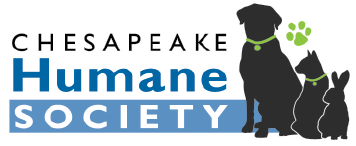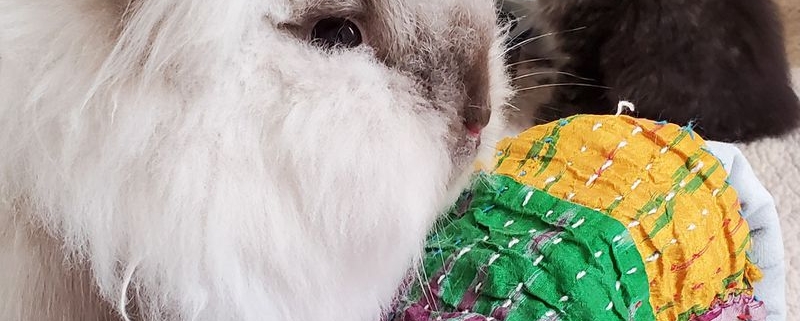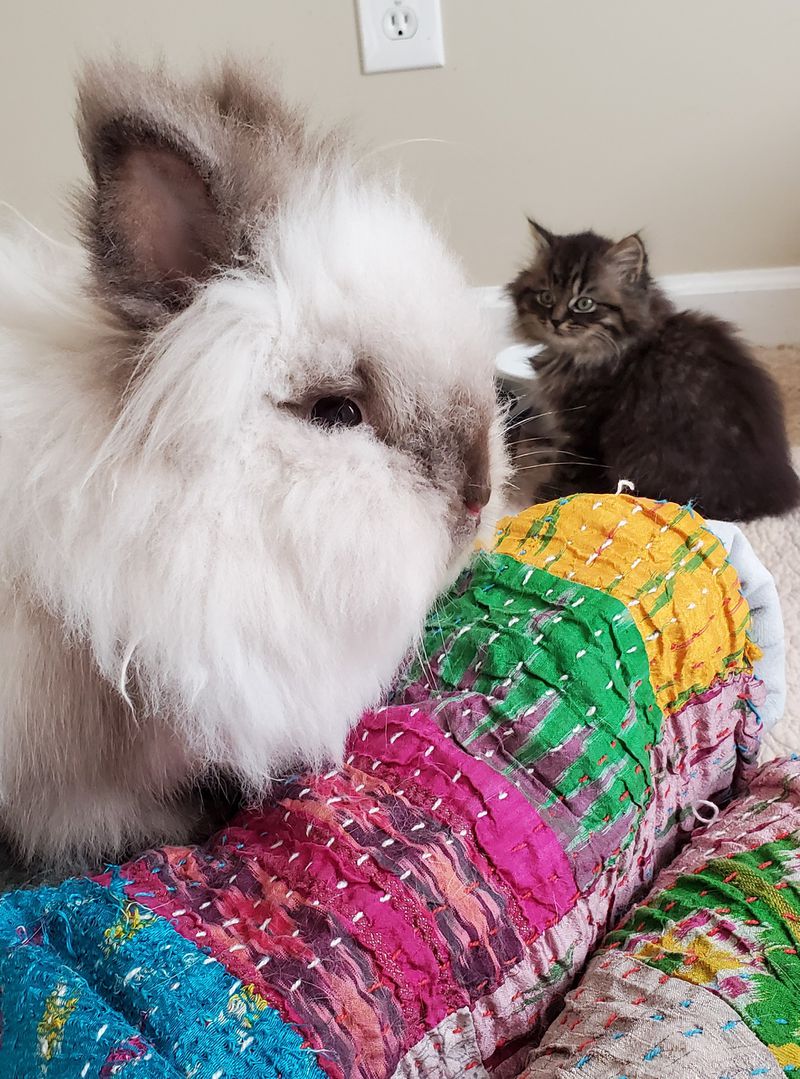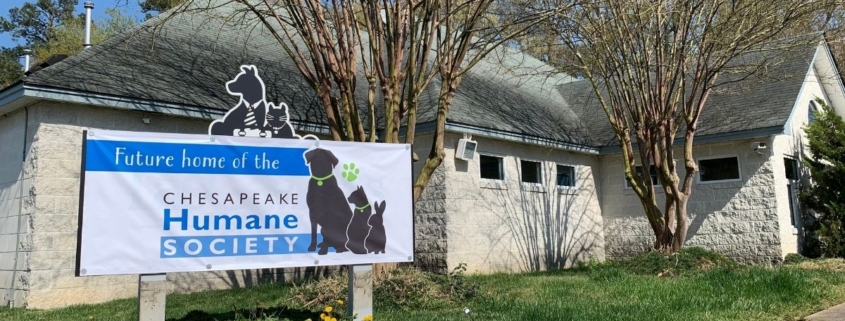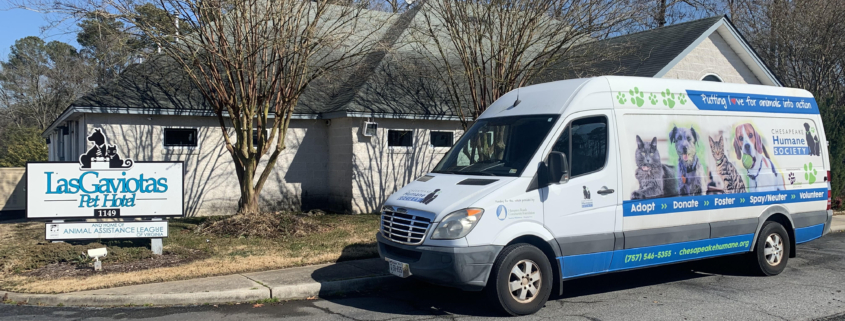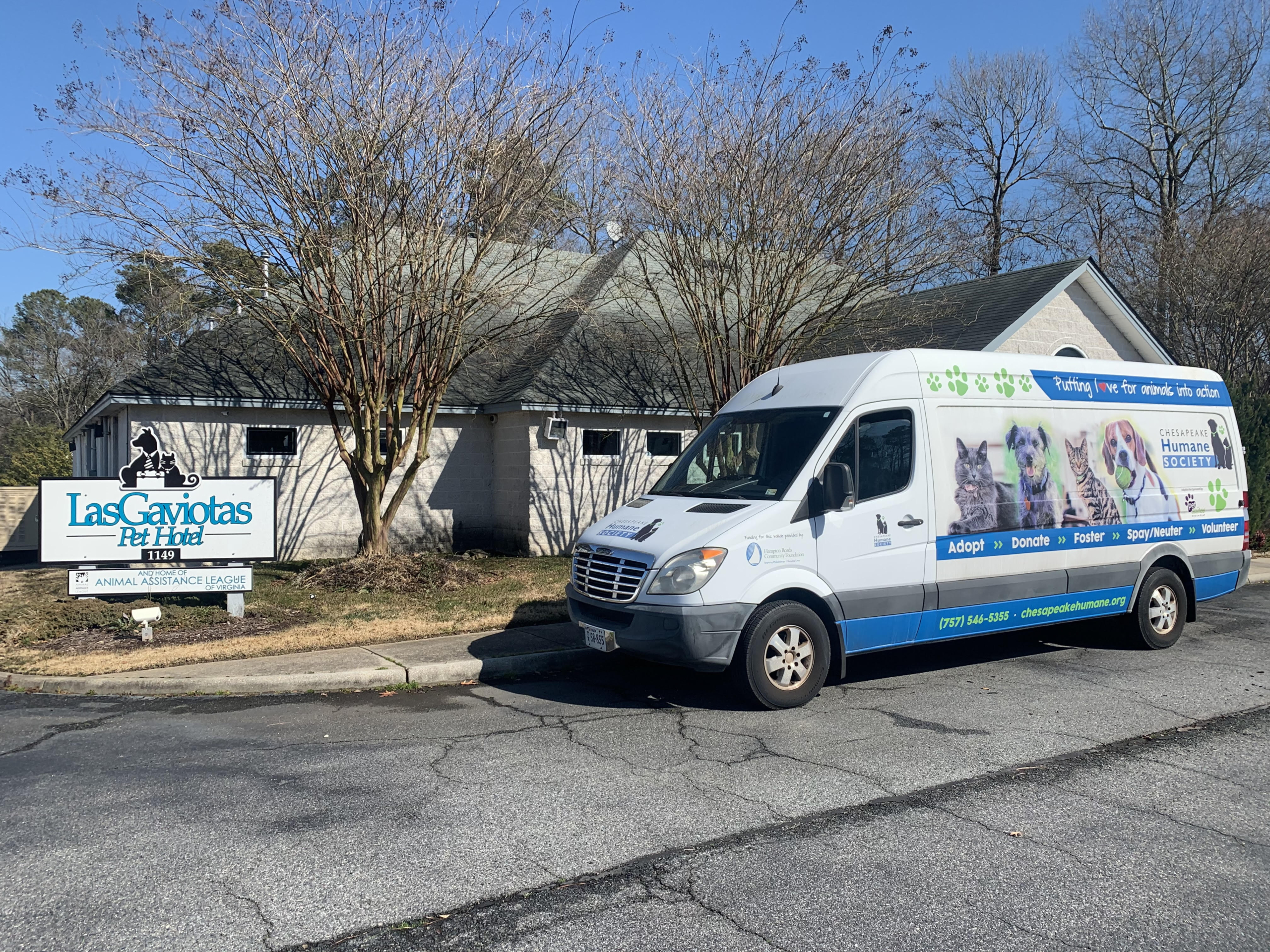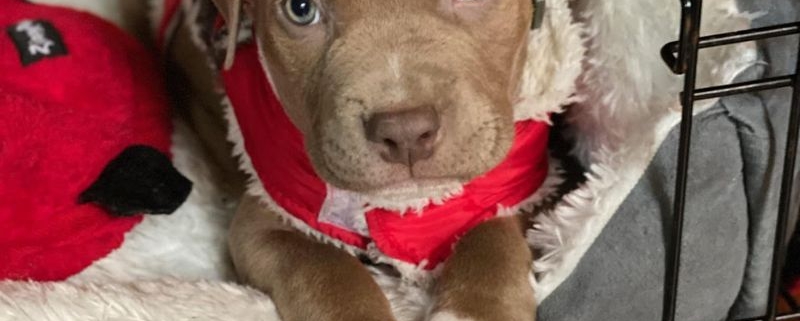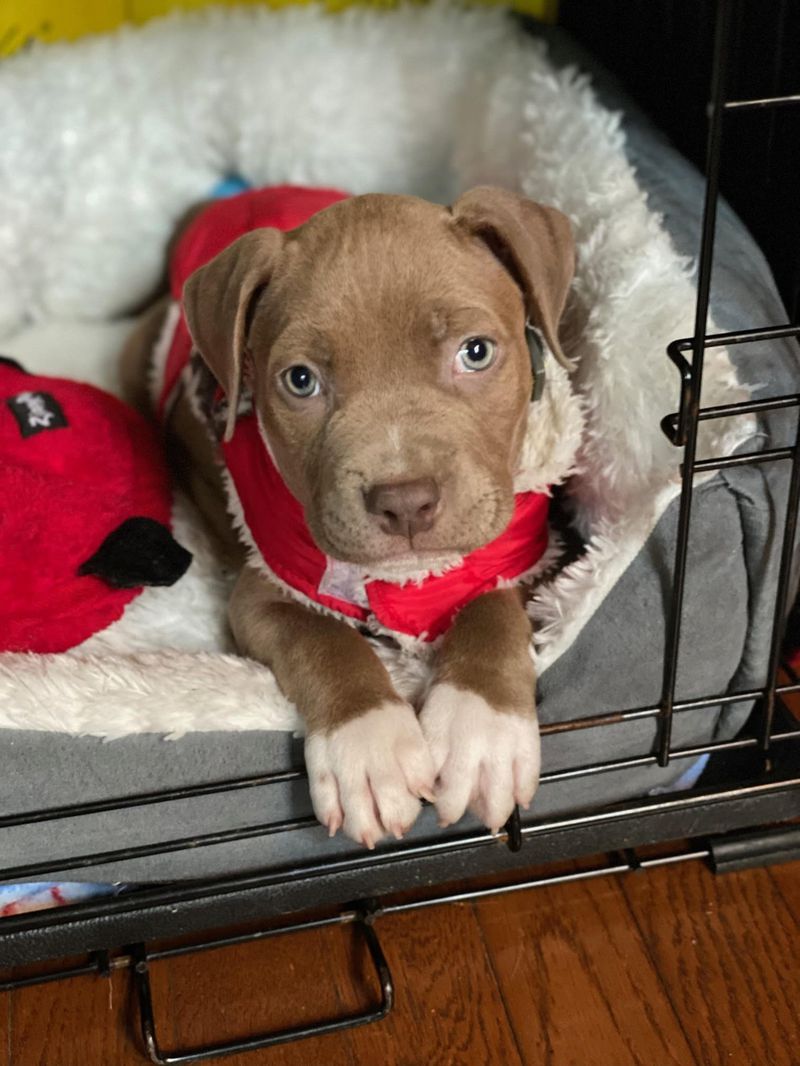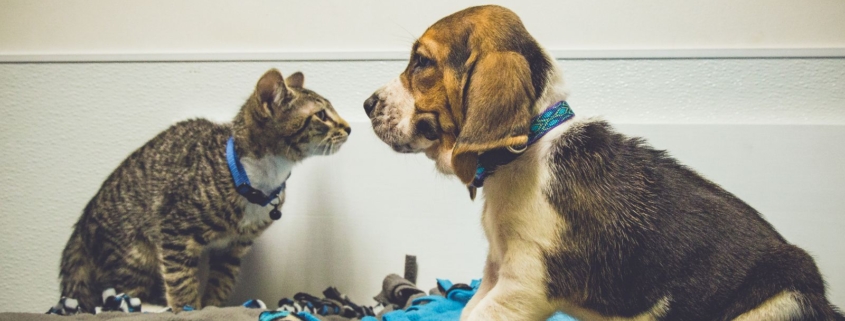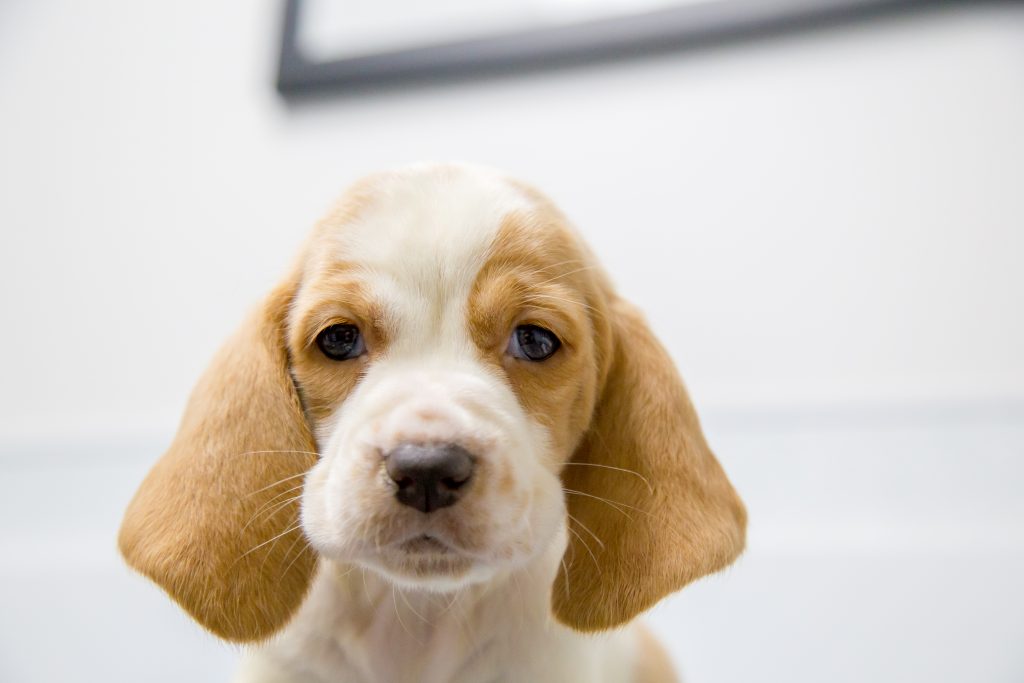General Assembly set to decide on animal welfare bills
The 2022 General Assembly session convened recently on Jan. 12. There are several bills related to animal welfare being introduced this year.
I’m outlining three proposed bills addressing significant issues, all of which we are asking legislators to support.
Ban Wildlife Killing Contests
One priority issue this year is a bill to end wildlife killing contests. These inhumane contests allow participants to compete for cash and prizes for killing the most, the largest or the smallest of a particular species. Coyotes, foxes and bobcats are the most often targeted species in Virginia.
This measure is not intended to affect responsible hunters; in fact, many hunters support a ban on these cruel contests. Participants of wildlife killing contests kill solely for winnings, and the animals are typically not used for their meat or fur.
This past summer, the Virginia Department of Wildlife Resources proposed a rule banning wildlife killing contests. Despite majority support from the public, the department’s board declined to take action, so now the issue is going before our state legislators, and we are asking them to step up to end wildlife killing contests.
Protect Animals Bred for Research Purposes
The second priority issue is protecting dogs and cats bred for research purposes. Virginia has been home to a massive breeding facility, Envigo, located in Cumberland, since about 1961. Each year, Envigo breeds thousands of dogs and sells them for research purposes worldwide.

A coyote in the wild. Coyotes are often the target of cruel wildlife killing contests where animals are killed for cash and prizes and not for their meat or fur. 2022 proposed legislation would ban wildlife killing contests. Courtesy of Wendy Keefover, The HSUS
The U.S. Department of Agriculture recently cited multiple direct and critical violations of the Animal Welfare Act, including abuse and neglect of the animals in its care. Routine inspections uncovered evidence that, during a six-month time period, hundreds of puppies died of “unknown causes,” dogs were denied veterinary care and suffered from treatable medical issues, and were kept in dangerous and inadequate housing.
The Animal Welfare Act was signed into law in 1966. It is the only U.S. federal law that regulates the treatment of animals used for research and exhibition. The AWA defines the minimum acceptable standard for animals used in research. Proposed legislation at the state level would build off the AWA and create better standards.
So far, there are three bills filed, SB 87, SB 88 and SB 90. SB 87 and SB 88 are aimed at raising standards for animal care and increasing transparency and accountability in breeding facilities for research animals. Similar to the bill passed in 2021 for animal testing facilities, SB 90 would require breeders to offer dogs and cats no longer needed to a releasing agency such as an animal shelter for adoption prior to being euthanized.
Prohibit Sexual Abuse of Animals
Research shows that sexual abuse of an animal is the strongest predictor of child sexual abuse. Virginia’s current law on animal sexual abuse is vague, outdated and does not adequately address all instances of sexual abuse endured by animals.
Current law only applies in cases where physical evidence of injury to an animal is present. Many acts of sexual abuse to animals are filmed but are inadmissible without evidence of physical harm. Our current law doesn’t explicitly address the trafficking of animals for sex, and it fails to penalize individuals who aren’t the abuser themselves but solicit or allow their pets to be sexually abused.
The proposed legislation would strengthen the current laws on sexual abuse and create clear language to reduce loopholes currently seen. Stronger laws for animals would potentially help protect children who are at high risk of being sexually abused.
The legislation would likely prohibit engaging in sexual contact with animals with any part of the body or an object; prohibit promoting, advertising, offering or soliciting animals for sex and ban the creation and distribution of animal pornography. It could place restrictions on a convicted person’s contact with animals and require psychological assessment and counseling. This legislation would exempt veterinary procedures, artificial insemination, accepted animal husbandry and animal care, and conformation judging.
We expect more animal-related bills to be introduced, but these are the top priorities right now.
Your voice is powerful to legislators. If you feel strongly about proposed legislation, it’s vital that you reach out to your legislators. They were elected to represent their community, so they need to hear from you. You can quickly look up your legislator and their contact information online at whosmy.virginiageneralassembly.gov. The General Assembly session moves fast, so an email or a phone call asking them to support a measure is most effective.
Lacy Shirey is executive director of the Chesapeake Humane Society. She can be reached at director@chesapeakehumane.org.
